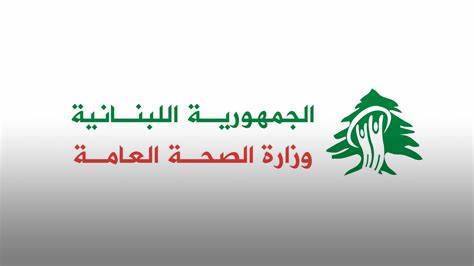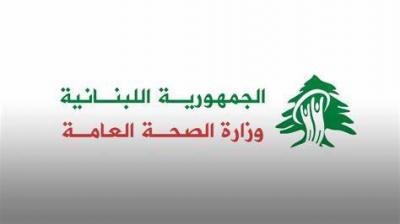The Ministry of Public Health clarified, in response to information regarding the smuggling of harmful agricultural pesticides into the Lebanese market, that it is "responsible for regulating the import process of insecticides and domestic pest control products only, while the import of agricultural pesticides falls under the jurisdiction of the Ministry of Agriculture."
In a statement, it noted that "the importation of insecticides and domestic pest control products is approved based on a prior permit granted to the concerned party based on the technical file submitted by them, which includes all documents proving the product's effectiveness. In this regard, the concerned party must prove that the active substance is approved by the European Union and listed on the European Chemicals Agency's inventory."
The ministry added: "Upon the arrival of the shipment, the customs declaration is reviewed by the Ministry of Public Health, and samples from the shipment are taken to ensure that the imported product matches the permit, based on which the appropriate decision is made."
It pointed out that "imported goods have identification numbers at customs, and through these numbers, the necessary conditions and approvals for their entry are determined." The identification numbers for insecticides and domestic pest control products are: 3808.91.10- 3808.91.20, which indicates that these goods are subject to the approval of the Ministry of Public Health.
On the other hand, the identification numbers for agricultural pesticides are: 3808.92.10 - 3808.92.20, which indicate that these goods require the approval of the Ministry of Agriculture. As for the identification numbers of the products mentioned as being imported as warehouse cleaners, their identification numbers are: 34.02.11.20 -34.02.11.90 (washing preparations and cleaning preparations), and they do not require the approval of the Ministry of Public Health, but importing them needs a conformity certificate issued by the Industrial Research Institute. Therefore, the customs transaction is not submitted to the Ministry of Public Health at all.
The ministry considered that "the possibilities of smuggling are present and there will always be those trying to evade obtaining the necessary permits for importation or paying the required fees and taxes. Here, the responsibility lies with the customs administration to combat smuggling and commercial fraud."
It affirmed its ongoing commitment to protect public health, stating that it "will do everything within its legal authority to enhance the protection of citizens."
Pharmacists' Syndicate
For his part, the Head of the Pharmacists' Syndicate, Joe Saloum, called in a statement for "dealing with agricultural medications like regular medicine, as they are no less dangerous than regular medication, and they should only be dispensed under the supervision of a pharmacist and the monitoring of the Pharmacists' Syndicate."
He expressed sorrow that "all forms of medications are being smuggled into Lebanon, without any serious steps being taken to prevent it. If this indicates anything, it shows the low value of human life to the authorities."




